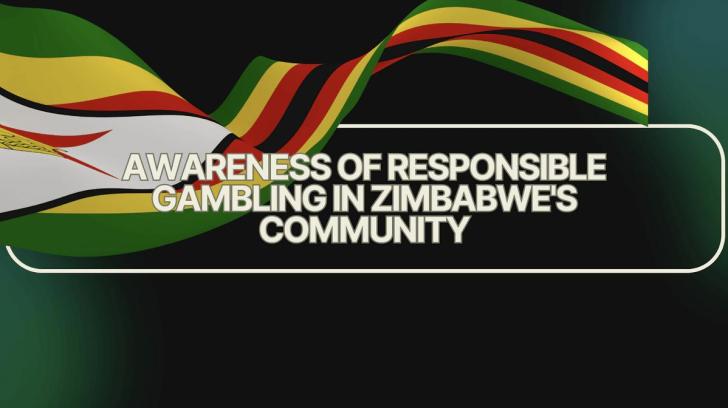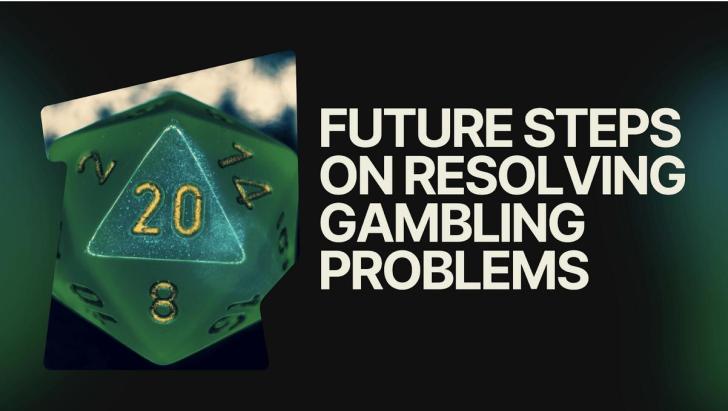Awareness of responsible gambling in Zimbabwe's community

A gambling boom hit the African market in recent years, and Zimbabwe is among the countries with the highest user engagement. The sector attracts both locals and tourists: reports indicate that the industry has grown by 8.5% in 2023 and is projected to show further advancement in the following years. Gambling has been legal in Zimbabwe since 2002, but its online sector is poorly regulated. Therefore, the issue of gaming-related problems is a major challenge the government and responsible authorities have yet to overcome. Currently, the country’s residents lack information on safer gambling, which is predicted to change soon.
Gambling Regulations & Industry Control in Zimbabwe
The casino sector is legal and regulated in the country, so all types of games of chance are allowed for its residents. Both local and international platforms can operate in the Zimbabwean market without significant restrictions. The Lotteries and Gaming Act is the primary document controlling the industry, but it is now considered a bit outdated since it was released in 1999. Currently, the overall landscape has changed: numerous NonGamStopBets casinos and sportsbooks entered the state, so the valid legislation is about to be adapted to the new reality. The government is currently discussing the updates that will better regulate digital gambling activities and cater to the needs of all parties.
Responsible Gaming Awareness in Zimbabwe
Some countries, including the UK and the US, have already implemented well-thought-out mechanisms for controlling user behaviours in online casinos and providing them with all the necessary means for coping with related problems. However, this is not the case in Zimbabwe where the sector is in its infancy. Currently, in-country players lack information about the possible negative consequences, which often results in problem gaming habits.
The thing is, many people suffer from poverty and unemployment and consider online casinos a quick way to easily earn money. However, playing slot machines for real money is not a solution to financial trouble since gaming sessions often result in losses, leading to debts and worsened well-being. Responsible casino operators usually increase user awareness of potential disorders and further problems, but it’s not a nationwide accepted approach in Zimbabwe.
Gambling Helplines for Those Struggling with Gaming Problems
Of course, Zimbabwean players can ask for support and treatment from non-profit organisations in the country and beyond its borders. The appropriate helpline is available in the state, so problem users can receive timely assistance. Moreover, they can contact international services like GambleAware to cope with the disorder and develop healthy gambling habits. However, most users still lack awareness of this issue and prefer to hide their harmful hobby from close people. Gambling addiction most often targets younger individuals who have a worse financial condition. People aged 18-24 are more likely to make compulsive decisions and take risks, so responsible authorities should specifically concentrate on this population layer.
Future Steps on Resolving Gambling Problems in Zimbabwe

Preventing gaming addiction is more efficient than coping with its unpleasant consequences, which is why Zimbabwean responsible bodies should take several steps to increase customer awareness and fight compulsive disorders. The government has already initiated the process of law amendments, aiming to adapt regulations to modern needs. Besides improving the legal basis, implementing specific mechanisms to cope with compulsive gambling is planned. For instance, the country’s ministers are confident that the usage of AI and Machine Learning will help identify problem players and provide them with viable solutions for minimising risks in online casinos.
Zimbabwe should consider a complex approach to regulating the iGaming sector in the country. First, the government should thoroughly control all the operators entering the market and immediately block those working without licences and approval from controlling authorities. In addition, every online casino must provide detailed guidance on responsible gaming, including bankroll management tools and other tips for maintaining safe behaviours. Last but not least, the government can consider implementing self-exclusion that will restrict compulsive users from potentially harmful content. This approach has already shown efficiency in the UK, so Zimbabwe can also use this tool to help gambling addicts to fight the problem. Even though risk hunters often find ways to get around the program, responsible ones still pass treatment and develop healthy habits.
The Final Word
Zimbabwe has a relatively young online entertainment market, so it’s not surprising that local laws are not well-developed yet. Currently, state residents can enjoy all types of casino gaming and betting, which is both beneficial and creates problems. The lack of industry regulations doesn’t allow us to precisely evaluate the number of users suffering from gaming disorders. Still, they are hardly low due to the country’s bad socioeconomic climate and high unemployment levels. Users consider this entertainment an effortless way to get income, and this approach often plays a bad joke on them. The need for responsible gambling awareness among Zimbabwean residents is high, and the government is already working towards steps on popularising a healthy approach.


































